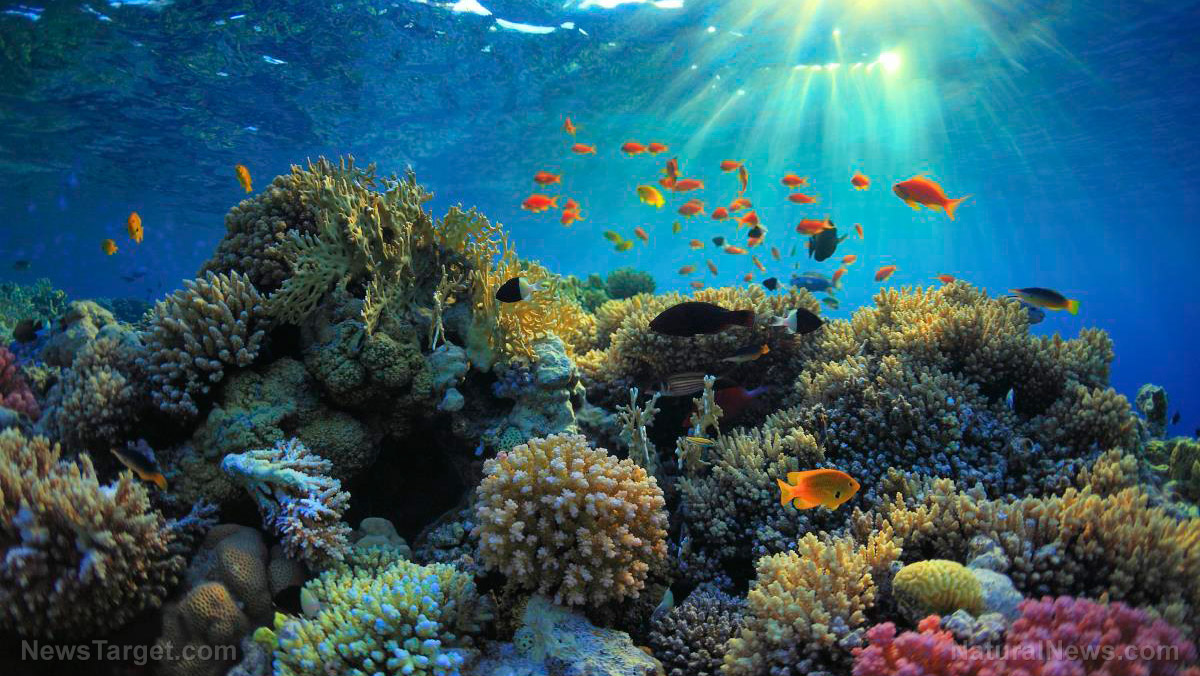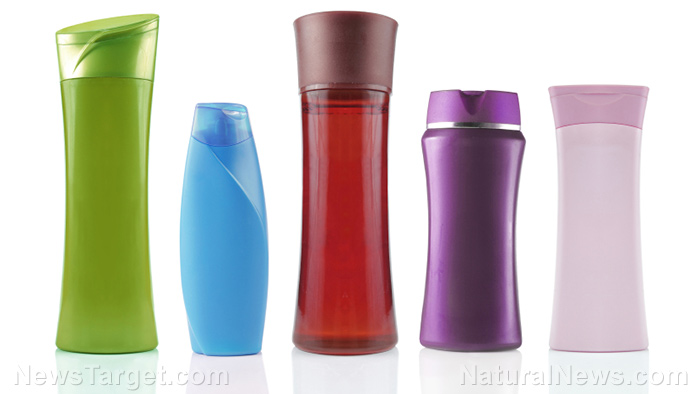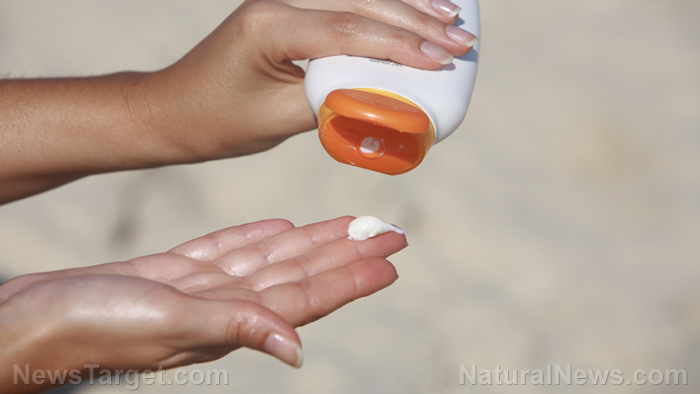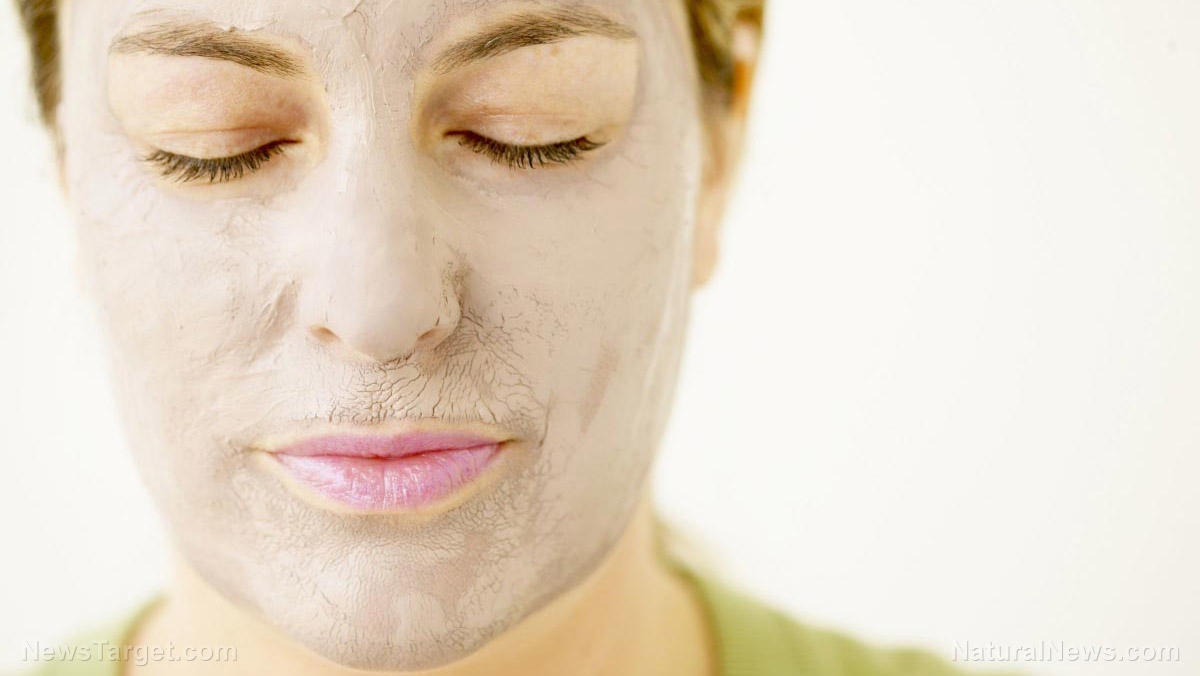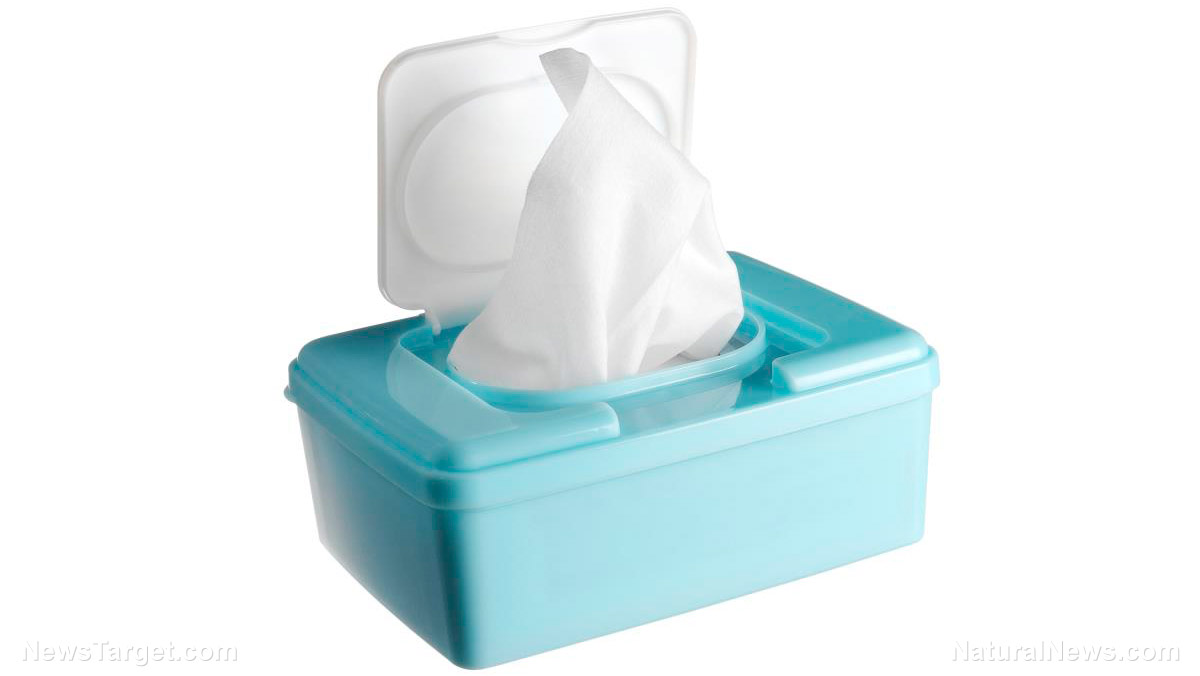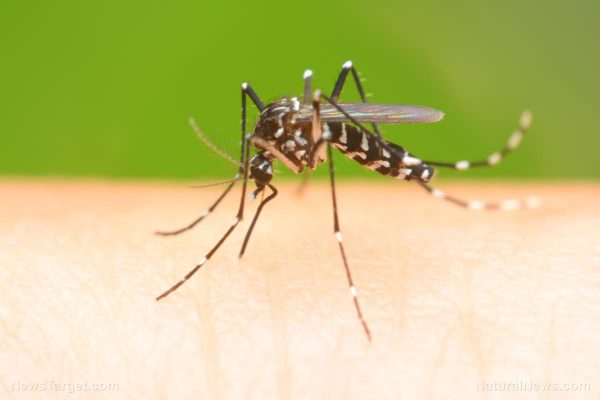Just how toxic is your sunscreen? Many of the chemicals used to “protect” you from the sun are so hazardous that they actually threaten the well-being of some of the world’s most beautiful natural wonders, like coral reefs. In fact, the state of Hawaii just passed a bill banning the sale of sunscreens that contain coral-damaging chemicals. A bill described as the first of its kind, state legislators are taking action to stop the destruction of ocean life.
Senate Bill 2571, passed on May 1, 2018, prohibits the sale of over-the-counter sunscreens that contain oxybenzone and octinoxate. Senator Mike Gabbard, who introduced the bill, reportedly commented in an email, “Amazingly, this is a first-in-the-world law.”
“So, Hawaii is definitely on the cutting edge by banning these dangerous chemicals in sunscreens. When you think about it, our island paradise, surrounded by coral reefs, is the perfect place to set the gold standard for the world to follow. This will make a huge difference in protecting our coral reefs, marine life, and human health,” he stated.
The two newly banned chemicals, oxybenzone and octinoxate, are widely used in drugstore sunscreens. In fact, they can be found in over 3,500 different types of sunblock, many of which are some of the world’s most popular choices. Many of the offerings from Banana Boat, Coppertone and Hawaiian Tropic will all be on Hawaii’s prohibited list.
NPR reports that research from 2015 put these popular sunscreen chemicals on full blast, as it was revealed that they were zapping the life out of coral reefs and contributing to the rise of oceanic dead zones. The study, which featured reefs from Hawaii, Israel and the Virgin Islands, concluded that oxybenzone “leaches the coral of its nutrients and bleaches it white. It can also disrupt the development of fish and other wildlife.” The scientists surmised that even a small drop of the stuff is enough to create lasting damage — and estimates suggest that a staggering 14,000 tons of sunscreen make their way to coral reefs every year.
While sunscreen manufacturers are no doubt reeling at the thought of the sunny vacation destination banning the sale of their products, the fact is that many sunscreen chemicals come with health risks that are not readily disclosed.
It’s toxic for YOU too
The Environment Working Group has actually ranked oxybenzone as one of the most toxic cosmetic ingredients. It is a known hormone disruptor and is thought to play a role in the development of endometriosis. Octinoxate doesn’t fare much better: Sources say it may actually accelerate skin aging — and it has negative effects on the reproductive system and thyroid. Many of the other ingredients used in sunscreens, like parabens, also pose a risk to human health.
As Natural News founder Mike Adams reported last summer, many of the ingredients used to formulate sunscreen can contribute to the onset of cancer or hormone disruption. As the Health Ranger explains, “What’s truly astonishing is how people think using these toxic chemicals on their skin is somehow preventing cancer. In truth, it’s giving them cancer from chemical exposure. Instead of just skin cancer from UV exposure, it can give them brain cancer, liver cancer, kidney cancer or even myeloma.”
Adams noted further that some of the damage to marine life being blamed on “global warming” is probably actually due to the presence of toxic sunscreen chemicals in ocean water.
While sunscreens may be advertised as products you should use to protect your health, it seems that’s anything but the truth.
You can learn more about toxic ingredients and how to avoid them at Toxins.news.
Sources for this article include:
StarAdvertiser.com
NPR.org

